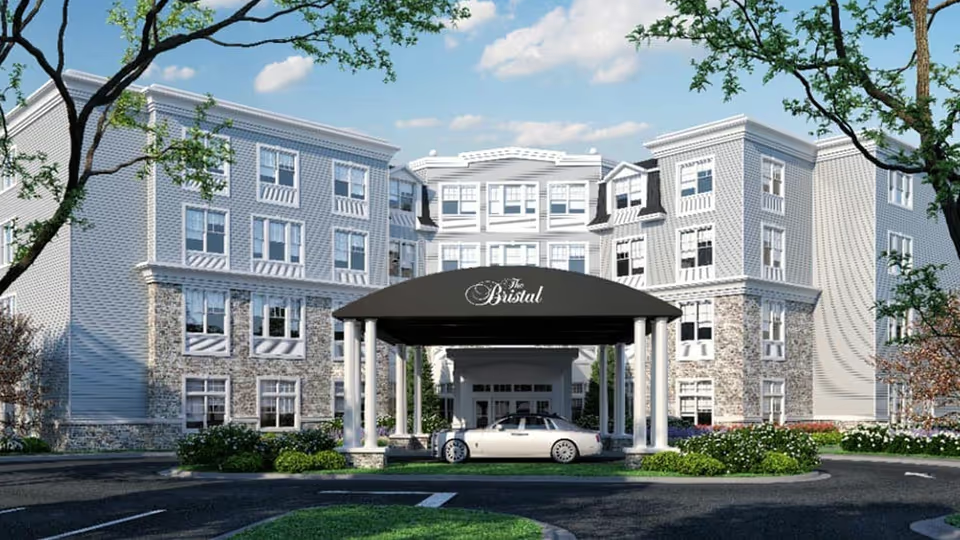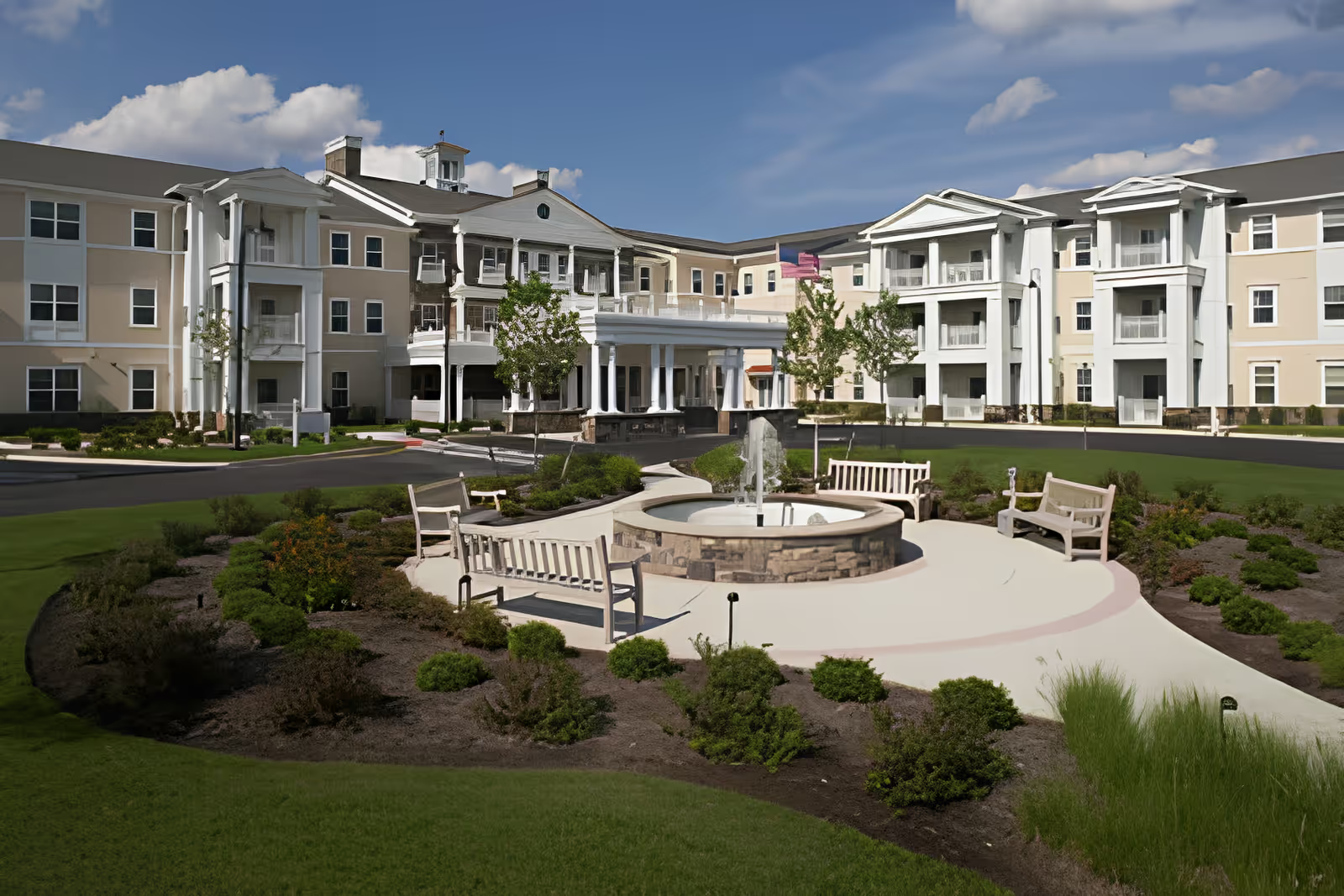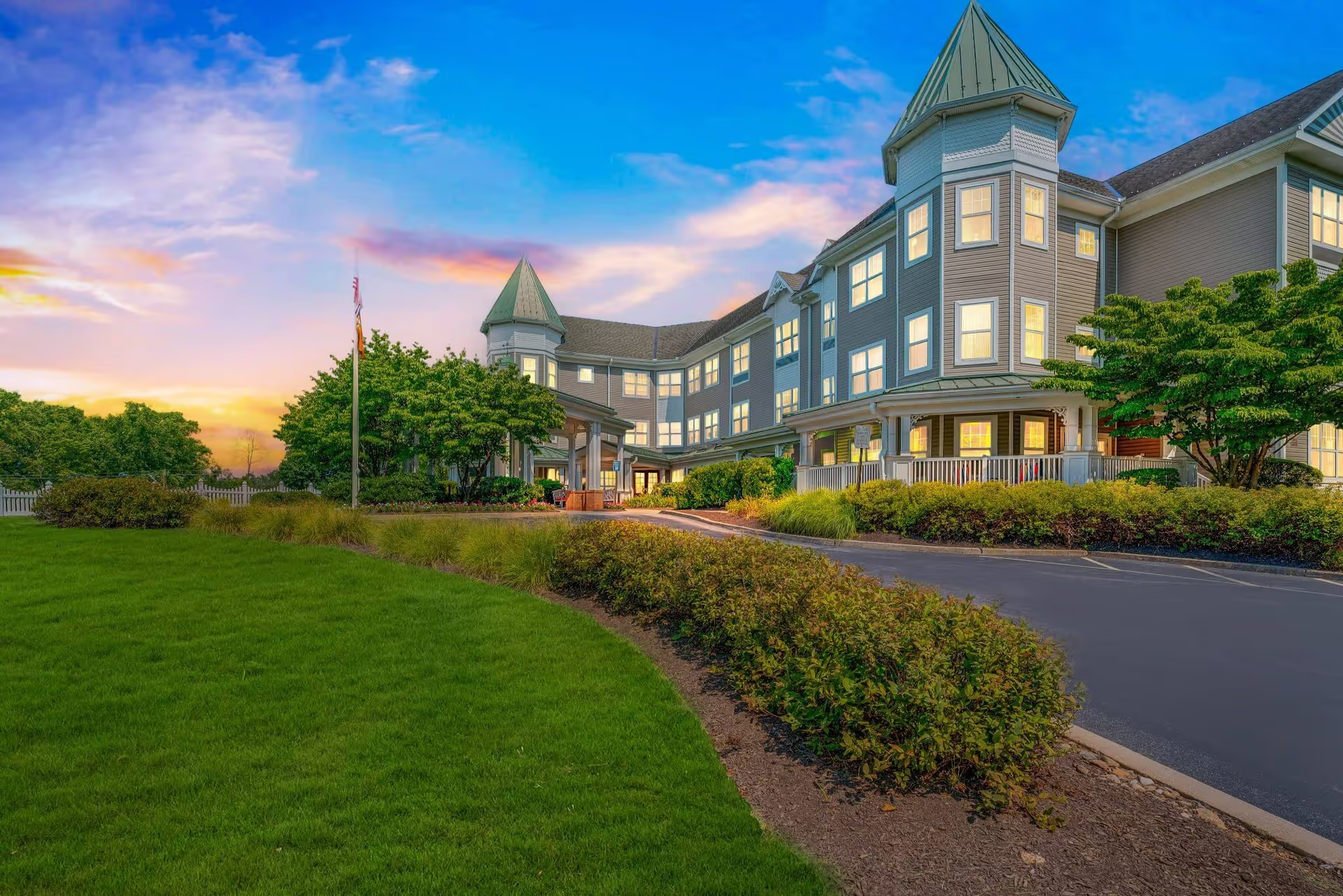Overall sentiment across reviews is strongly mixed, with clear patterns emerging: many residents and families praise the community for its attractive grounds, spacious apartments, helpful amenities, and individual staff members who are compassionate and proactive; but a substantial and recurring set of operational concerns—especially around staffing, dining, maintenance, safety, and management stability—are reported often enough to be significant. Multiple reviewers describe Diamond Ridge as a beautiful, refurbished facility offering valuable services like three meals a day, weekly housekeeping, free laundry, transportation to appointments, a library, gym, and therapy spaces. Several residents highlight specific staff members and managers who went out of their way to help with transitions, arranged services, and cultivated a family-like atmosphere. For many people the location, price relative to alternatives, pet-friendliness, and social opportunities make it an appealing independent living option.
Care quality and staffing emerge as one of the most divisive themes. Positive reviews describe attentive, compassionate staff and a smooth move-in process; negative reviews repeatedly mention high staff turnover, limited staff hours, low pay, and understaffing. These operational shortfalls are linked in reviews to missed monitoring of frail or cognitively impaired residents, delayed assistance after falls, missed meals, neglected personal hygiene for some residents, and uneven housekeeping. Several reports describe serious safety outcomes or near-misses tied to poor supervision, such as a fall requiring hospitalization, meals missed before discovery, and at least one disruptive incident involving a resident with dementia that required police intervention. Some reviewers also noted a lack of overnight personnel or inconsistent security presence, which exacerbates the concern for families of vulnerable residents.
Dining and kitchen operations are another frequent flashpoint. A sizable portion of reviews praise a strong chef and restaurant-style meals with variety and appropriately paced service. Conversely, an equal or larger set of reviews detail recurring failures: meals that run out, late service (including reports of meals served an hour after seating), repetitive or low-quality offerings (hot dogs, cereal), poor accommodation of dietary needs (diabetic concerns), and hygiene lapses in the kitchen (reports of outsiders serving food without gloves or hairnets). Some reviewers specifically reported rude dining staff and rushed service or restrictive seating policies. The net result is a wide disparity in dining experiences that appears tied to staffing consistency and managerial oversight.
Facilities and maintenance also show a mixed picture. Many reviews applaud the clean, bright interiors, landscaped grounds, pleasant dining spaces, and well-kept common areas. Amenities such as a library, therapy room, gym, patios, and pet areas are appreciated. At the same time, recurring complaints include delayed repairs, dented or broken fixtures, outdated or broken exercise equipment, flooded activity spaces, unpleasant hallway odors, quick-closing elevator doors, missing handicapped parking signage, and other slip/trip hazards. Some reviewers reported fast, effective maintenance responses in isolated cases, but others described maintenance as overwhelmed and unable to keep up with needs, leaving safety and comfort issues unaddressed for periods of time.
Activities and social life receive mixed feedback as well. Many reviewers enjoyed diverse programming—lectures, musical entertainment, exercise classes, games, movies, field trips, and bingo—and described good opportunities to make friends. However, a number of reviewers said activities were limited or declining (for example, reduced to mostly bingo), complained about no dedicated activity room and that events were sometimes held in the lobby, and expressed boredom among residents. The variability in activity offerings again correlates with staff availability and management focus.
Management, billing, and operations are a recurring concern. Multiple reviews cite frequent changes in management, an unstable leadership pattern, and inconsistent corporate responsiveness. Complaints include unclear fees, unexpected extra rent bills, contract terms that some families found problematic (nonrefundable pet fees, rent increases), and unsatisfactory move-out interactions. Several families reported poor handling of complaints or being dismissed when raising concerns. That said, other reviewers emphasize recent improvements under new managers, naming individuals who turned around impressions and addressed problems effectively. This suggests that outcomes can vary significantly depending on current management and local leadership.
Safety, monitoring of residents with cognitive or mobility impairments, and regulatory concerns appear repeatedly and should be prioritized by any prospective family. Specific issues include insufficient supervision of residents with dementia or psychosis, medication management worries, physical hazards (elevator doors, trip hazards), potential for improper wheelchair/scooter use, missing accessibility signage, and infection-control communication problems during quarantines. Some reviewers reported life-alert devices and staff responsiveness as positive mitigations, but inconsistency in staff levels undermines reliability.
Value for cost is contested. Some reviewers consider Diamond Ridge affordable and good value compared with other local options, especially given included services like meals and housekeeping. Others describe rising prices, an overall decline in service quality, and poor value for money—particularly when dining and staffing problems are frequent. Several reviewers advise caution for those on fixed incomes and recommend carefully reviewing contract terms and fee structures.
Bottom line and recommendations for prospective families: Diamond Ridge shows clear strengths—pleasant grounds, varied amenities, helpful staff members at times, and inclusive services like three meals, laundry, and transportation—that make it a good fit for many independent-living seekers. However, there is a consistent pattern of operational instability centered on staff turnover, dining inconsistencies, maintenance backlog, and management variability that has produced safety and satisfaction issues for others. Because experiences vary widely by period and leadership, any prospective resident should: visit at mealtimes to observe food and service; ask for current staffing ratios and turnover rates; inquire about how dietary restrictions are handled; verify overnight and emergency coverage; review maintenance response logs and recent repair histories; ask explicitly about handling of residents with dementia or mobility issues; request a sample contract and clarify billing, refund, and fee policies; and get references from current residents and families. If these questions are satisfactorily answered and a current tour shows a stable team and functioning services, Diamond Ridge may offer a comfortable, community-oriented independent living option. If operations appear understaffed or the kitchen and safety issues are visible during a visit, families may want to continue their search or require contractual assurances before moving forward.







